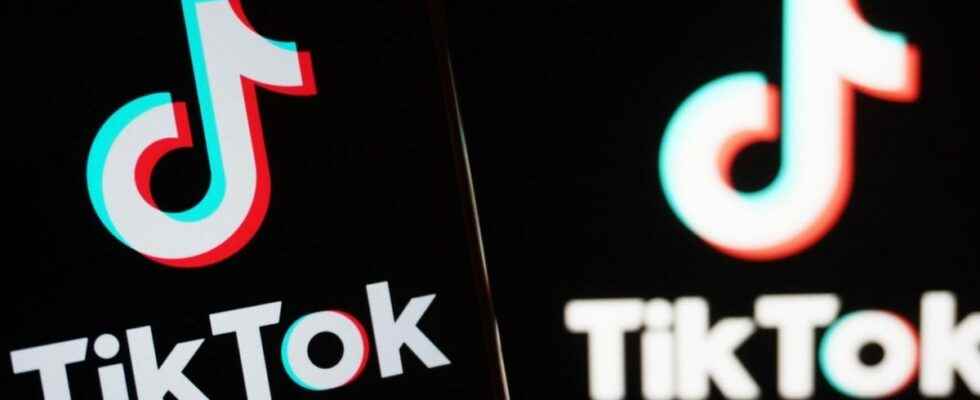Published on
Updated
Reading 1 min.
Playful, visual and very addictive, TikTok is a hit with the youngest. So much so that some brands seek to use users of this social network to promote their often unhealthy products.
We already knew that social networks had a bad influence on the mental health of the youngest. But recently, TikTok has been accused of also impacting their diet. On the network, children and adolescents would indeed be very – even too much – exposed to a multitude of unhealthy foods, rich in salt, sugar and fat. Blame it on the brands, who would use young people as “ambassadors”.
“Unofficial brand ambassadors”
This observation, published in the journal BMJ Global Health, stemmed from an extensive survey by researchers. They evaluated the content of all videos posted on the accounts of 16 major food and non-alcoholic beverage brands in 2019, 2020 and 2021.
On these accounts, the number of subscribers ranged from 14 to 1.6 million. Each video averaged 63,400 views, 5,829 likes, 157 comments and 36 shares.
The most common marketing strategies were branding (87% of videos), product images (85%), engagement (31%) and celebrities/influencers (25%).
One particular technique was favored by brands: instigating “hashtag challenges” that encouraged the creation of user-generated content showcasing branded products.
Most users expressed positive (73%) or neutral (25%) sentiment towards these videos.
NO to diets, YES to WW!
Faced with these junk food videos, children eat “more”
For researchers, this type of marketing is not trivial:
“Analysis of a sample of user-generated content (…) showed that branded hashtag challenges turn users into unofficial brand ambassadors, in the words of TikTok“, specify the experts, before adding that “The scope of this influence marketing is worrying“.
Indeed, exposure to unhealthy foods (sweet, fatty, salty)”increases the energy intake of young people“, warn the scientists.
“The growing popularity of TikTok also calls for further research into its potential impact on public health and its role as a corporate political player.”conclude the scientists.
